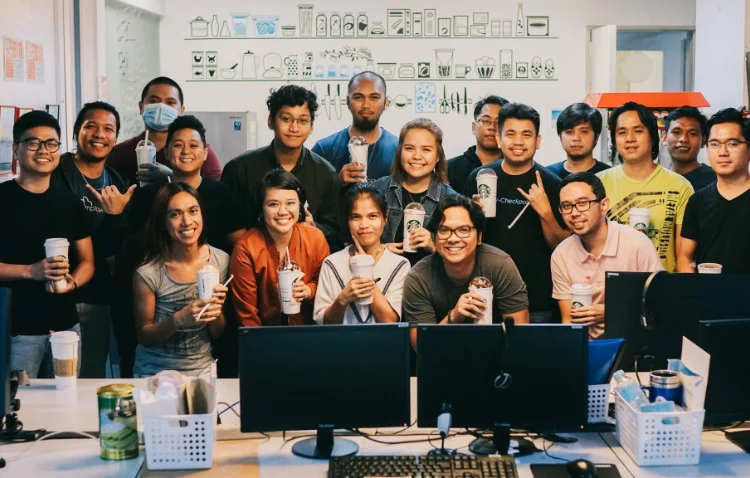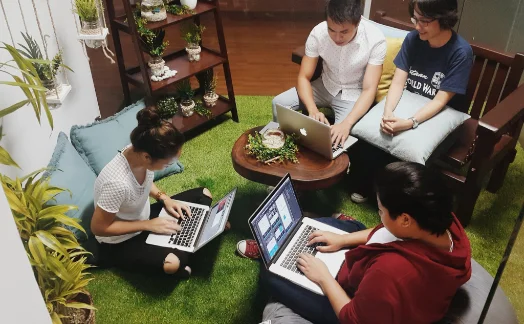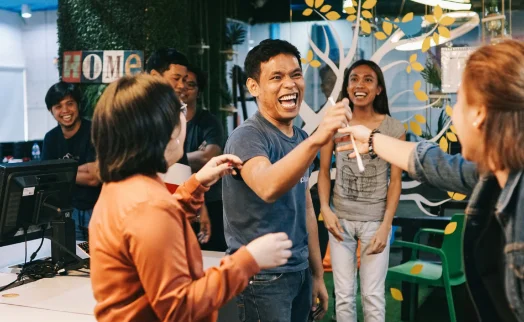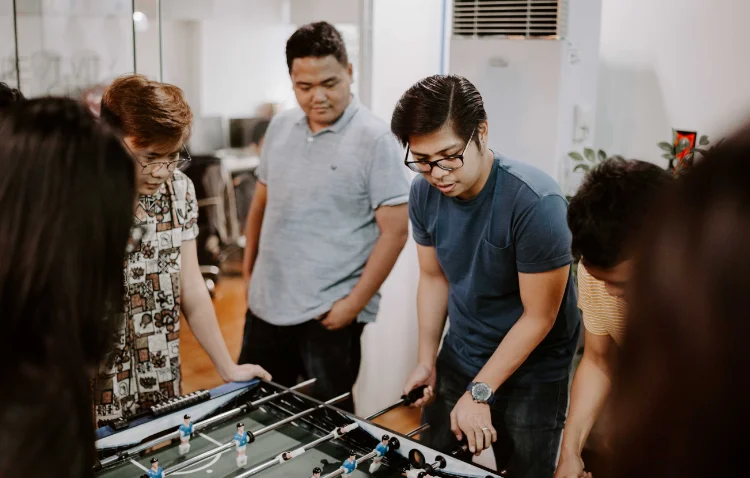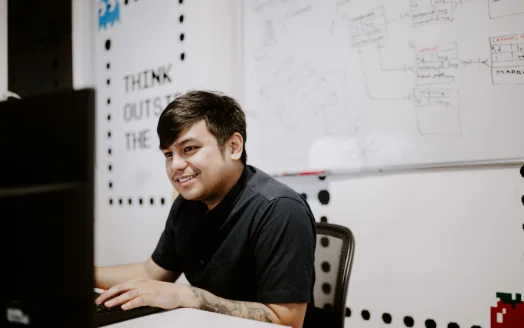Do you ever wonder why some people are so good at their jobs?
To get better at anything, we will look at six components of deliberate practice.
It's a way to learn faster and achieve more goals by utilizing these principles.
Six steps process for deliberate practice
1. Maintain consistency and perseverance.

Investing so much time and energy will sometimes cause frustration and discomfort.
It is common for significant improvement to result from pushing through those hard times.
Consistency is an important aspect of deliberate practice that makes it very effective.
2. Ask for feedback

You can't figure out what needs to be improved or how close you are to accomplishing your goals unless you get feedback from both yourself and others.
Finding out what needs to be improved and getting a realistic view of your progress is essential.
There are many ways to assess your strengths and weaknesses, whether one-on-one coaching, mentoring, or self-assessment.
Identifying and eliminating trouble spots is critical for advancing from mere proficiency to true mastery.
3. Allow yourself some time to rest.

Deliberate practice can only be sustained for a short period of time because it needs your complete attention, as well as the most mental and/or physical work.
Real-life studies have found reduced benefits with sessions lasting longer than two hours.
Some studies found that top performers benefited from napping.
Recovery time is important at this level of focus and intensity.
You must balance your leisure activity or relaxation to avoid mental or physical exhaustion, regardless of the type.
4. Motivate yourself

The process of gaining proficiency in any worthwhile skill, be it sewing, software design, or surfing, takes time and effort.
Motivation is essential if you want to get past the frustration, failings, and periods of slow growth that come with learning new skills.
When progress becomes stagnant, the natural tendency is to give up if motivation is lacking.
Choose a skill that you are passionate about and are willing to put considerable effort into if you intend to practice it deliberately.
5. Establish specific attainable objectives.
In order to maintain motivation, you have to keep an eye on the prize.
The abstract goal of "improving" at a particular skill isn't going to cut it.
General improvement goals don't motivate you to excel beyond your current abilities and don't provide any feedback on how well you're doing.
To accomplish meaningful improvement, you must break down the practice into small, achievable steps that are well defined.
Your next steps should be determined by your current knowledge and skill level.
Then you should push your abilities a little bit at a time to gradually grow.
By creating a deliberate goal-setting plan, you don't just make a New Year's resolution and hope it sticks.
Instead, you identify what you need to improve upon and specify how you will do so.
6. Get out of your comfort zone.

To achieve goals that promote development, you must constantly challenge your skills.
With traditional methods of practice, you can become stuck in a practice loop that has no effect on your skill level or performance.
Simply repeating activities you know how to do will not improve your performance or skill level.
SUMMARY
Consciously practicing is an investment in yourself and your abilities as you improve over time.
We cannot all be famous musicians or professional athletes but we can learn more effectively, work smarter, and develop our skills by following the path of the experts.
Work with world leading tech businesses
We connect high-performing software engineer talent in the Philippines with some of the world’s leading and most innovative Tech companies.
Submit CV





